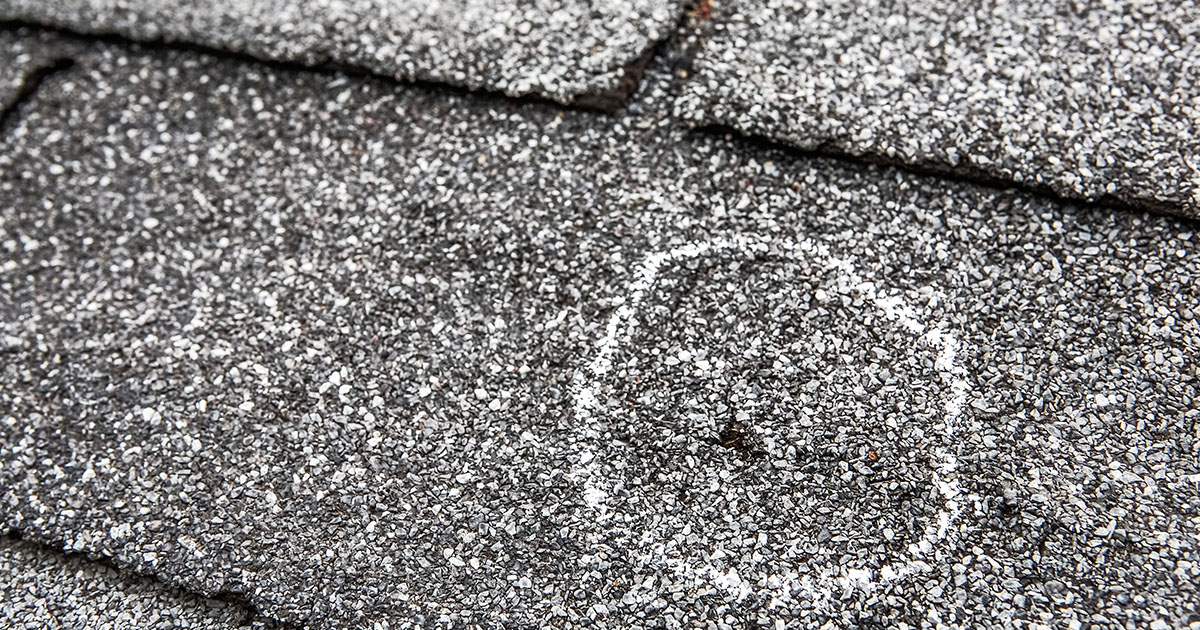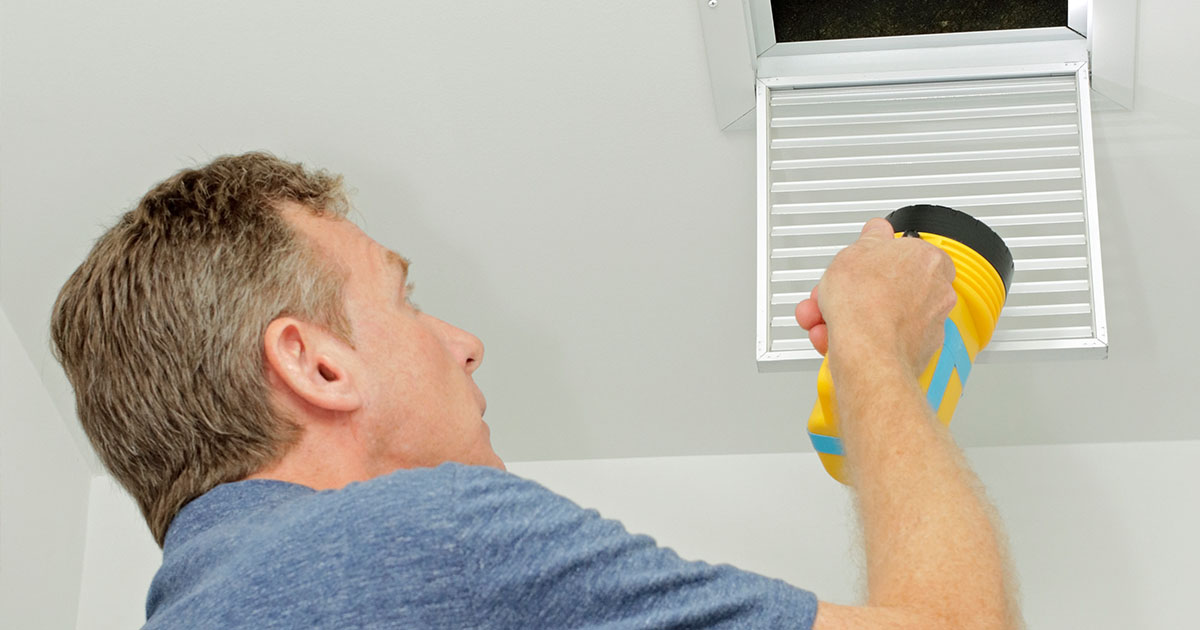What to Expect in a Home Inspection: Checklist and Tips
Every wise homebuyer knows that a home inspection is a must-have before closing a deal on a home. If you choose to do an inspection yourself or hire a professional home inspector, be certain to be educated to get the most out of the inspection. A thorough home inspection will provide quality information and will answer the question of whether the price reflects the house’s condition. A good home inspection is also unbiased and fact-based and it should not be an opinion of the home’s value.
We asked a local QC home inspector for his professional advice on what home buyers can expect in a home inspection. He provided some great tips and an actual checklist he uses when inspecting a house.
Home inspection checklist
A home inspection encompasses the major components of a home. Typically, these can be broken into 5 categories that fit any home:
- Exterior Envelope: Roof, siding, windows, doors, grade, and drainage.
- Foundation: Materials used (i.e. block, brick, poured) and condition. Framing practices (i.e. truss or rafter), and framing materials used such as engineered, dimensional lumber, steel or other.
- HVAC: Heating Ventilation and Air Conditioning. Distribution or radiator condition, and controls of the system.
- Electrical: Main panel, incoming service, branch wiring, and fixtures.
- Plumbing: Main service, materials used, and condition.
Home inspections may vary by state. Most home inspections will follow a state protocol or industry standard. The most common are InterNachi (International Association of Certified Home Inspectors) or ASHI (American Society of Home Inspectors).
 Common issues that may affect the home’s price
Common issues that may affect the home’s price
Reasonable buyers need to be realistic and expect no house to be perfect, not even a new build, but the home should be in decent shape. Some common issues that can plummet the price of a house are:
- Structural problems
- Termites and other pests
- Drainage and water issues
- Mold problems
- Radon issues
- Wiring and electrical issues
- Plumbing issues
- Well water issues
- Asbestos issues
- Lead paint
- A roof that needs replacement
Some minor issues that can be fixed are plumbing issues, such as leaking fixtures. The longer a home has been vacant, the more likely that the rubber washers will dry and crack, leading to dripping faucets. Another routine item is electrical switches, fixtures or outlets. These often get damaged from wear, abuse or just age. Whether it be replacing washers or updating outlets, minor fixes always come with a cost and should be accounted for at the time of offer.
What to expect during a home inspection
A home inspection generally takes two to four hours to complete but maybe longer depending upon the size of the house and the number of defects.
Homebuyers or sellers are encouraged to attend the inspection to ask questions as you go, as this process can give you more insight than the report alone. To keep the process going smoothly, make sure to remove any obstacles that may block the inspector’s access.
At the end of the inspection, you’ll get a report of a list of fixes—both suggested and necessary. Many of these items will be minor and you may never have noticed them. Instead, take a closer look at the more serious issues. Some home issues can be deal-breakers, while others can be negotiated and easily remedied. You can use this report to make the best decision regarding your purchase and purchase price.
Why should you hire a home inspector
Buying a home is one of the most important decisions – and biggest purchases – you will most likely make in your lifetime. Be certain to know all that you can about the property before you tend an offer or put a home on the market.
A home inspector is a third-party professional who provides you a full view of the condition of a home. A home inspector is speaking for the home based on facts, with no bias. Inspectors are paid a fee so their payment is not tied to a home’s closing. Homebuyers will often get biased opinions from family members or friends in the neighborhood, with their opinions being influenced by cosmetics or personal preferences that may affect their input. A home inspector looks at the functionality of a home and its components, not how it looks.
 How to find the right home inspector
How to find the right home inspector
Depending on what state you’re from, there may or may not be a state license. Iowa does not have a state license, but Illinois does. In Illinois, a home inspector must be licensed and maintain CE (Continuing Education credits) as well as follow state protocols. The best way is to get a referral from real estate agents or someone you know who has gone through the process in the past. Home inspectors also warn that online reviews are not always the most reliable sources, as they can be paid for.
Nothing beats experience and a conversation with your inspector. It is also recommended that the inspector you’re hiring is insured, bonded and/or provides a warranty behind their work.
A home inspector should stay in their lane of comfort. If it is beyond their expertise, they should know when to refer an issue for further evaluation by a specific professional (ie: plumber or electrician or structural engineer) perhaps more qualified than they are.
Conclusion
No home is perfect. Having a good home inspection will help influence your purchase decision. If this is your first time buying a home, the process may seem complicated to do by yourself. Occasionally, sellers or agents may offer to provide you a home inspection list to close the deal more quickly. Experts recommend, though, that buyers choose their inspector, someone without ties to either the seller or the selling agent for a truly unbiased opinion.
If you’re looking for a home loan, Empeople offers our members great rates on mortgage loans. Additionally, Empeople members can go to the Online Mortgage Loan Center that is located via Digital Banking to find more information about purchasing or refinancing a home, along with the latest mortgage rates.



